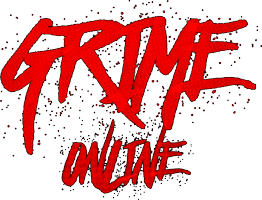NEWS10 ABC
Please enter a search term.
Please enter a search term.
by: Richard Roman
Posted:
Updated:
by: Richard Roman
Posted:
Updated:
NEW YORK (NEWS10) – Members of the music industry and academia including JAY-Z, Fat Joe, Killer Mike, and Michelle Alexander released a sign-on letter in support of the New York Legislature to pass the “Rap Music on Trial” bill. Introduced in November the bill would enhance the free speech protections of New Yorkers by raising the threshold for the use of an artist’s creative expression as evidence in the courtroom.
Artists, scholars, and activists released this letter after the legislation passed the Senate Codes committee on Tuesday, January 18, the first step towards getting a full vote of this bill on the Senate floor. According to the legislation from Senator Brad Hoylman, Senator Jamaal Bailey, and Assemblymember Catalina Cruz the bill would protect all artists and content creators, including rappers, from having their lyrics used against them by prosecutors.
In addition, It would guarantee freedom of creative expression not be used as criminal evidence against a person. Furthermore, the law would prohibit prosecutors in New York from using the creative expression of artists without clear and convincing proof that there is a literal, factual connection between the creative expression and the facts of the case.
In 2014, The New Jersey Supreme Court wrote that “One cannot presume that simply because an author has chosen to write about certain topics, he or she has acted in accordance with those views,” (State v. Skinner). The court noted that no one believes that Bob Marley actually “shot the sheriff,” or that there’s a man buried in Edgar Allan Poe’s floorboards.
“Police, prosecutors, and judges routinely engage in the damaging practice of misusing rap lyrics in criminal trials as a tool of mass incarceration of Black and Brown youth,” said Assemblymember Cruz. “This is not only about strengthening and protecting the First Amendment rights of artists of color; we need to stop the unjust and blatantly racist practice of using the free expression of artists against them in a courtroom.”
Copyright 2022 Nexstar Media Inc. All rights reserved. This material may not be published, broadcast, rewritten, or redistributed.
Thanks for signing up!
Watch for us in your inbox.
Subscribe Now


